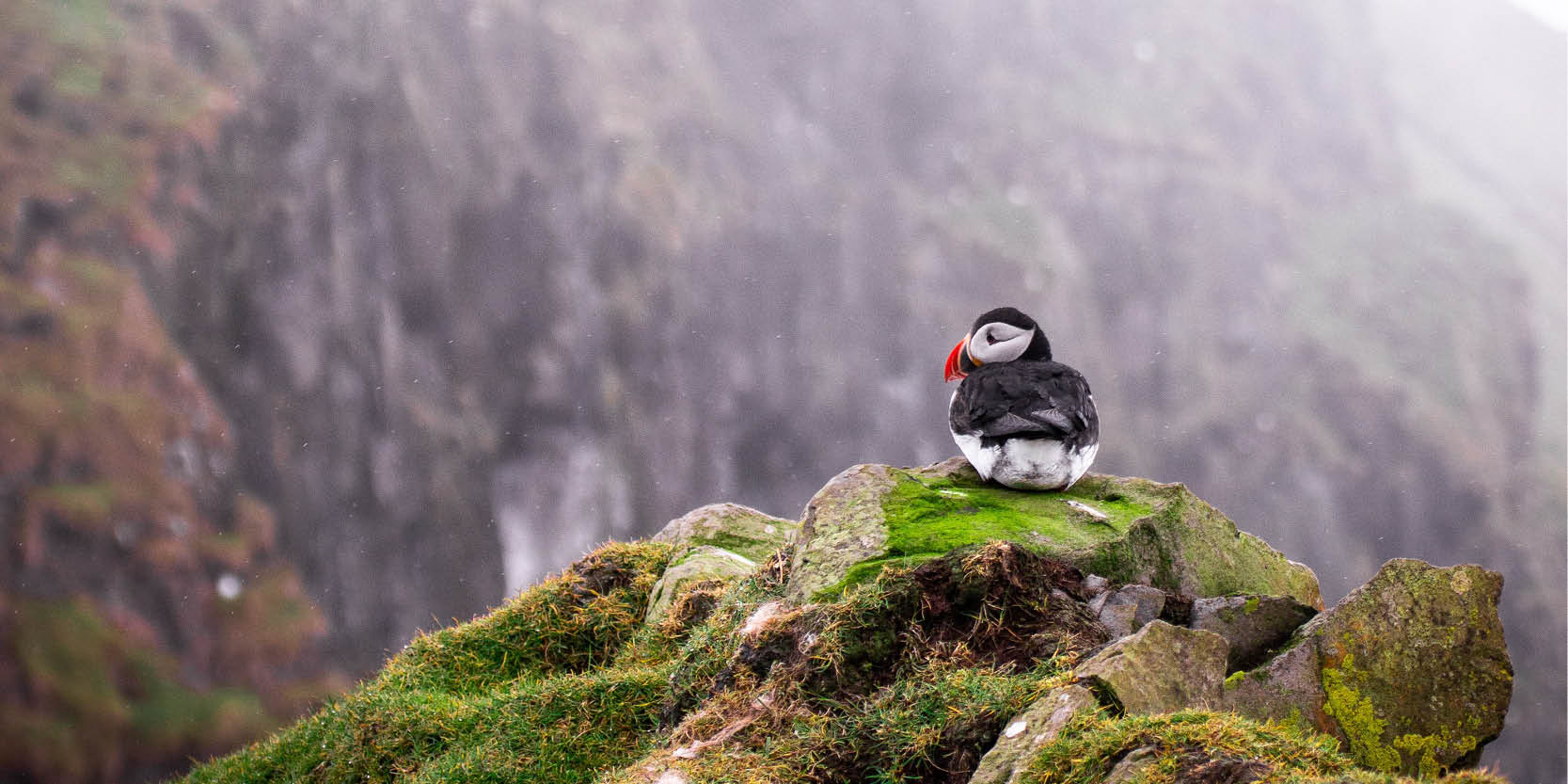In This Section
- Home
- About the College
- Governance
- College Committees & Steering Groups
- College Assembly
- College Council
- College Executive Management Committee
- College Academic Programmes and Curriculum Development Committee
- College Graduate Studies Committee
- College Research & Innovation Committee
- College Teaching Learning and Student Experience Committee
- College Student Recruitment and Outreach Committee
- College Sabbatical Research Leave Committee
- College of SEFS Adjunct Appointments Committee
- International Education Committee
- College Postgraduate Student Committee
- Athena SWAN Steering Group
- College Committees & Steering Groups
- Human Resources
- UCC STEM Awards
- Scholarships and Prizes
- Women in STEM Panel Talks
- Inaugural Professorial Lectures
- Athena SWAN in SEFS
- Proposal Calls
- Contact Us
- Science in Society Public Lecture Series
- Governance
- News
- Staff
- Schools and Departments
- Current Students
- Undergraduate Courses
- Postgraduate Courses
- International Students
- Research and Innovation
- Employability and Careers
- Outreach and Public Engagement
- Science Week
- Transition Year Programmes
Study finds flightless Puffins vulnerable to winter storms for two months a year

Researchers at UCC's School of Biological, Earth and Environmental Sciences and MaREI, UCC suggest that puffins are vulnerable to winter storms due to their inability to fly after moulting their feathers.
Puffins lose the ability to fly for up to two months every year – twice as long as previously believed. The seabirds must shed and regrow their feathers when they wear and lose shape, a process known as moult. When they moult their wing feathers, they also lose the ability to fly, leaving them bound to the water surface.
The timing and location of the flightless moult of puffins has long been a mystery to scientists because it occurs when puffins are far from land and out of sight.
However, the Marine Ecology Group from the school of Biological Environmental and Earth Sciences and the MaREI centre at UCC fit tracking devices to the birds to keep tabs on their activity.
The group, in collaboration with researchers from the UK and Norway, put tiny loggers on the legs of puffins that record their behaviour.
Lead author Jamie Darby said:
“These loggers record time spent on the water or in flight every 10 minutes over the course of a year. We were able to look for extended periods of time when puffins don’t fly at all to study where and when they were flightless.”
The results, published in the journal Ecology and Evolution, show that puffins were flightless from one to two months per year. The team was able to explain why this is significant.
“This moult occurs when puffins are way out in the Atlantic, and when weather conditions can be dangerous for a flightless seabird. Puffins are in decline, and often wash up dead on our coasts following severe weather. Winter cyclones in the North Atlantic are likely to become more frequent and more severe with climate change,” Mr Darby said.
The full paper is available here
College of Science, Engineering and Food Science
Coláiste na hEolaíochta, na hInnealtóireachta agus na hEolaíochta Bia
Contact us
Block E, Level 3, Food Science Building, UCC, Cork, T12 YN60.
